
Sapiens: A Brief History of Humankind
$440.00 $396.00
From a renowned historian comes a groundbreaking narrative of humanity’s creation and evolution—a #1 international bestseller—that explores the ways in which biology and history have defined us and enhanced our understanding of what it means to be “human.”
One hundred thousand years ago, at least six different species of humans inhabited Earth. Yet today there is only one—homo sapiens. What happened to the others? And what may happen to us?
Most books about the history of humanity pursue either a historical or a biological approach, but Dr. Yuval Noah Harari breaks the mold with this highly original book that begins about 70,000 years ago with the appearance of modern cognition. From examining the role evolving humans have played in the global ecosystem to charting the rise of empires, Sapiens integrates history and science to reconsider accepted narratives, connect past developments with contemporary concerns, and examine specific events within the context of larger ideas.
Dr. Harari also compels us to look ahead, because, over the last few decades, humans have begun to bend laws of natural selection that have governed life for the past four billion years. We are acquiring the ability to design not only the world around us but also ourselves. Where is this leading us, and what do we want to become?
Featuring 27 photographs, 6 maps, and 25 illustrations/diagrams, this provocative and insightful work is sure to spark debate and is essential reading for aficionados of Jared Diamond, James Gleick, Matt Ridley, Robert Wright, and Sharon Moalem.
Size
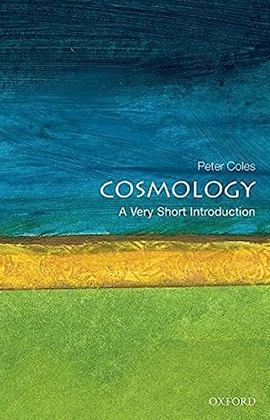
Cosmology: A Very Short Introduction
$280.00 $252.00
This book is a simple, non-technical introduction to cosmology, explaining what it is and what cosmologists do. Peter Coles discusses the history of the subject, the development of the Big Bang theory, and more speculative modern issues like quantum cosmology, superstrings, and dark matter.
ABOUT THE SERIES: The Very Short Introductions series from Oxford University Press contains hundreds of titles in almost every subject area. These pocket-sized books are the perfect way to get ahead in a new subject quickly. Our expert authors combine facts, analysis, perspective, new ideas, and enthusiasm to make interesting and challenging topics highly readable.
Size

Six Easy Pieces: Essentials of Physics Explained by Its Most Brilliant Teacher
$290.00 $261.00
Learn how to think like a physicist from a Nobel laureate and "one of the greatest minds of the twentieth century" (New York Review of Books) with these six classic and beloved lessons
It was Richard Feynman's outrageous and scintillating method of teaching that earned him legendary status among students and professors of physics. From 1961 to 1963, Feynman delivered a series of lectures at the California Institute of Technology that revolutionized the teaching of physics around the world. Six Easy Pieces, taken from these famous Lectures on Physics, represent the most accessible material from the series. In these classic lessons, Feynman introduces the general reader to the following topics: atoms, basic physics, energy, gravitation, quantum mechanics, and the relationship of physics to other topics. With his dazzling and inimitable wit, Feynman presents each discussion with a minimum of jargon. Filled with wonderful examples and clever illustrations, Six Easy Pieces is the ideal introduction to the fundamentals of physics by one of the most admired and accessible physicists of modern times. "If one book was all that could be passed on to the next generation of scientists it would undoubtedly have to be Six Easy Pieces."- John Gribbin, New Scientist
Size

Periodic Table Of Feminism
$290.00 $263.90
A quirky, intelligent, and stylish review of the feminist movement, told through the stories of standout figures who have shaped it, The Periodic Table of Feminism charts the impact of female leaders from Betty Friedan and Ruth Bader Ginsburg to Michelle Obama and Oprah.
Using the periodic table as a categorical device, the featured women are divided into "chemical" groups to show how the women and the battles they fought speak to each other across time and geography






/23.gif)



/38.gif)
/35.gif)
/43.gif)
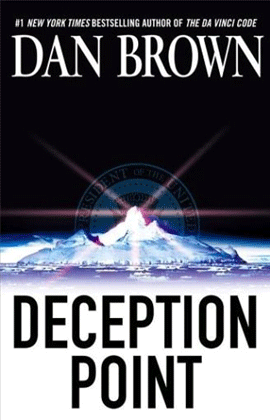
/26.gif)
/6.gif)
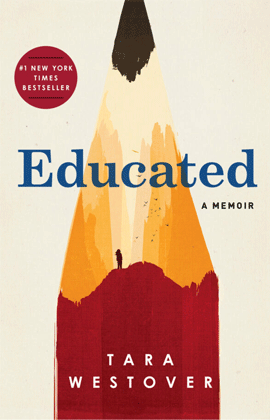
/101.gif)

/81.gif)
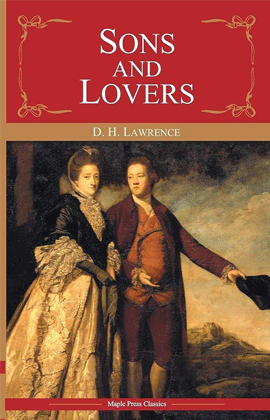


/61.gif)
/87.gif)


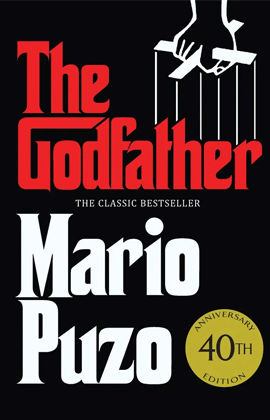


/63.gif)



/14.gif)


/55.gif)


/107.gif)






/30.gif)




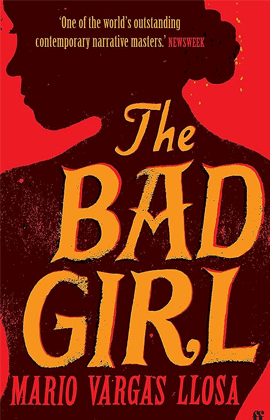
/118.gif)


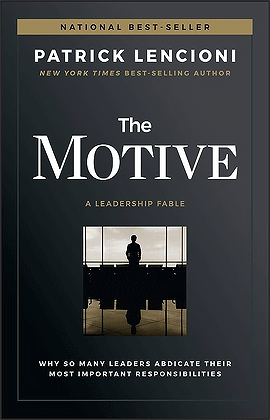



/43.gif)



/74.gif)






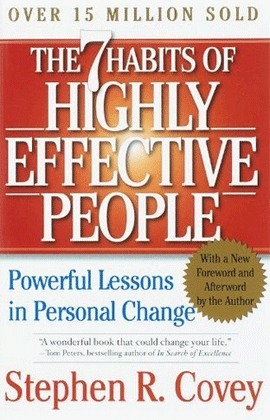
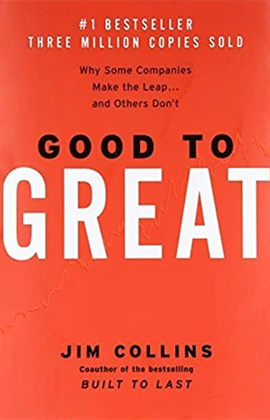



/12.gif)


/117.gif)


/21.gif)


/11.gif)
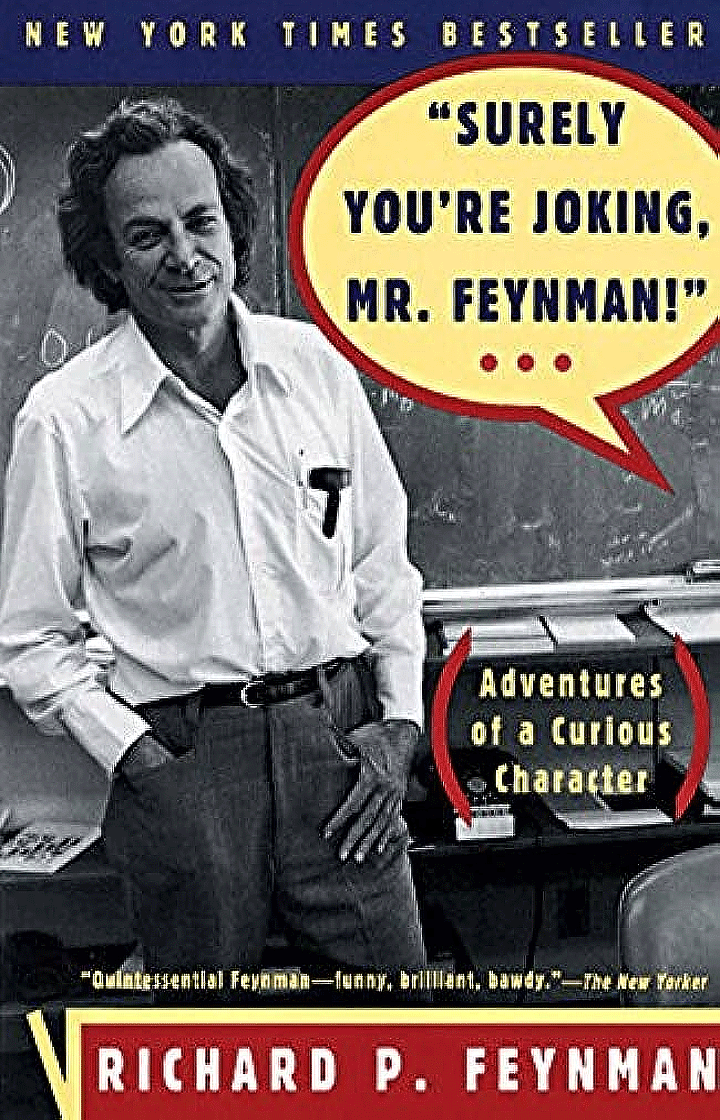
/102.gif)



/152.gif)


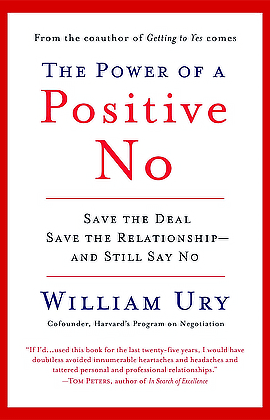




/75.gif)









/21.gif)

/76.gif)



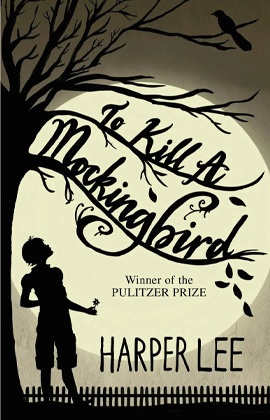

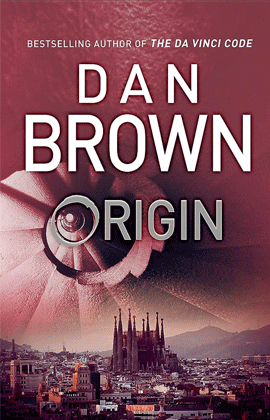
/39.gif)
/108.gif)
/26.gif)







